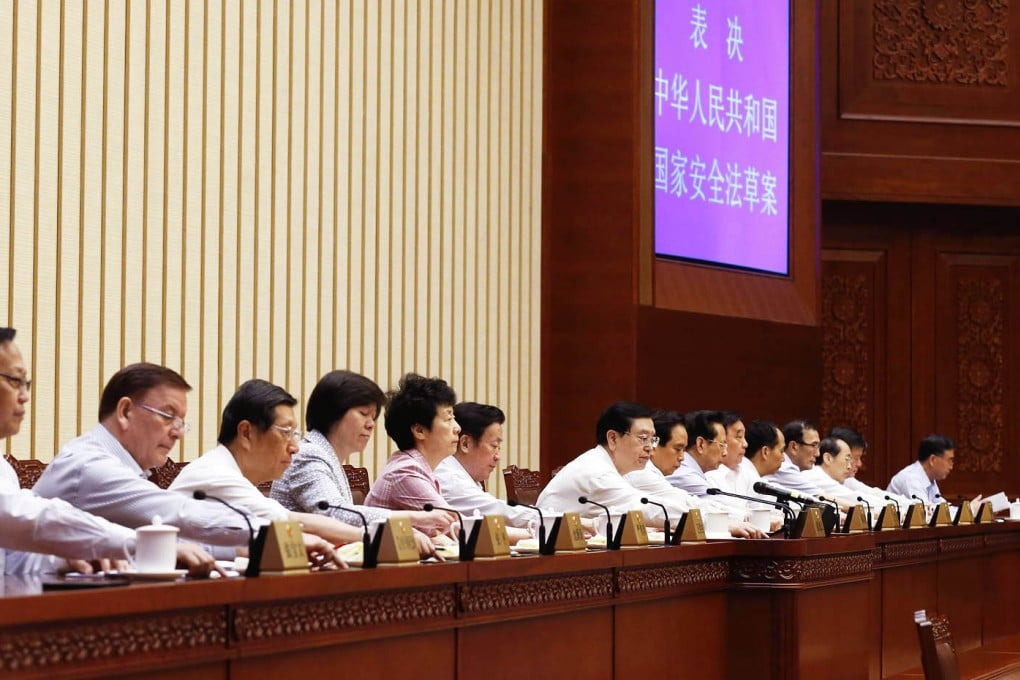Update | Beijing passes sweeping national security law, but legislation ‘will not be directly implemented in Hong Kong’
Critics say Beijing's controversial legislation will restrict freedoms on mainland, but Hong Kong leader rules out enacting Article 23

China’s legislature on Wednesday passed a sweeping and controversial national security law that covers a wide range of state interests including its military actions overseas, but stokes fears of greater limits on citizens’ freedom.
It said Hong Kong had the responsibility to protect national security, but Zheng Shuna, deputy director of the Commission for Legislative Affairs of the National People’s Congress Standing Committee, said the law would not be directly implemented in Hong Kong and Macau.
She said it was not one of the national laws – such as those concerning diplomatic and territorial issues – that applied to the territories.
“The national security law has made provisions, in principle, for Hong Kong and Macau to fulfil their responsibilities to safeguard national security. The Basic Law Article 23 of the two Special Administrative Regions has made provisions for them to enact laws of their own accord to safeguard national security,” she said.
The passing of the national security law stoked fears among pro-democracy politicians in Hong Kong that the city would face pressure to enact Article 23 of the Basic Law. Hong Kong’s Chief Executive Leung Chun-ying on Wednesday again ruled out legislating the article in the remainder of his term. Article 23 requires Hong Kong to pass laws on treason, sedition and subversion.
Lawmakers in Beijing on Wednesday voted overwhelmingly in favour of the national security law, with 154 backing the legislation and only one abstention, the state-run news agency Xinhua reported.